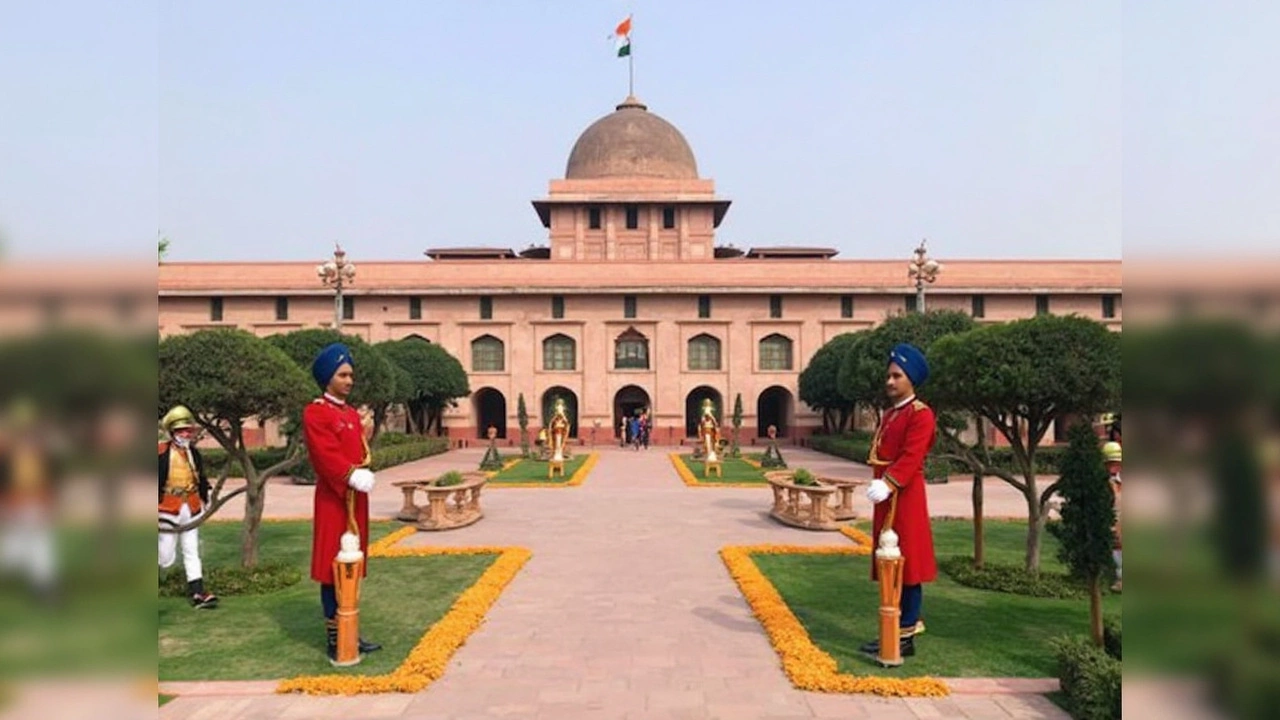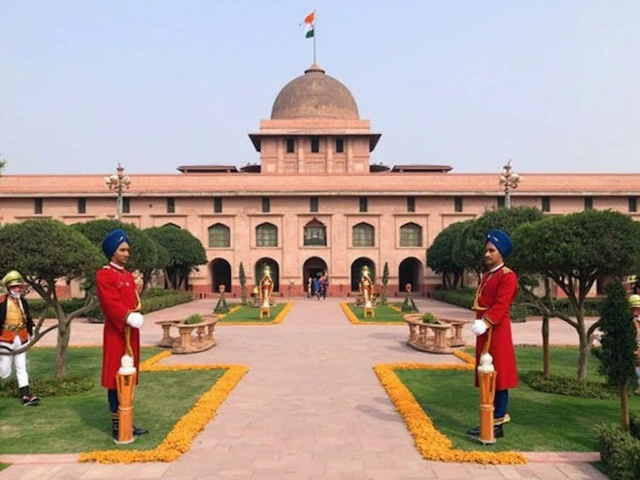President Election 2022: How the Value of MPs' Votes Dropped and Changed the Math

The President Election 2022 and the Changing Power of the Vote
If you blinked, you might have missed one of the less-talked-about twists in the 2022 Indian presidential election: the drop in the value of an MP's vote. Every five years, this vote-count arithmetic takes the spotlight for a day. But this year, the magic number slipped down by eight, falling from 708 to 700. Sounds tiny? In a contest where every vote is carefully measured, it’s a shift that actually matters.
This didn’t just happen for fun. At the core, it’s all about Jammu and Kashmir. For the first time in a presidential poll, J&K didn’t take part because its legislative assembly is missing—scrapped in 2019 when Article 370 was revoked and the state was split into two union territories. That left 87 lawmakers out of the national headcount.
The Indian president isn’t picked by the public directly. Instead, an electoral college votes—made up of all elected members of parliament (MPs) and elected members of state and union territory legislative assemblies (MLAs). But not all votes are born equal. The value assigned to every MP or MLA’s vote is a careful calculation, trying to balance the weight of different states and the Parliament in the final tally.
How the Numbers Add Up
Let’s get into the nitty-gritty. Each MLA’s vote is calculated using the state’s population (as per the 1971 Census) divided by the number of elected assembly seats, and then split by 1,000 to get a round number. Some states with bigger populations but fewer MLAs can make each vote more powerful. Every time a state’s assembly shifts, the balance shifts too. With J&K’s 87 MLAs missing, the total number of MLAs across the country for this election was 4,033, down from the usual 4,120. That automatically slashed the total value of MLA votes.
But how does the value of an MP’s vote change? Well, the total value of all MLA votes is divided by the number of MPs (776 in 2022, including both Lok Sabha and Rajya Sabha). Because the numerator shrank with fewer MLA votes, each MP’s share also shrank, landing at 700 this time. It’s simple math, but it means the Parliament's direct influence slightly decreased compared to other years.
Despite these shifts, the process wasn’t all about the numbers. Secrecy and integrity are taken seriously during the presidential poll, with MPs using special violet ink pens, stamped serial numbers and careful ballot handling. Unlike your regular elections, any stray mark or smudge can get your vote tossed out.
All of this set the stage for a historic result. Draupadi Murmu, the BJP-led candidate, cruised past opposition joint nominee Yashwant Sinha. Beyond party politics and headlines, though, 2022 was the year the numbers quietly told a different story about how much each MP’s nod truly mattered in the making of a president.
